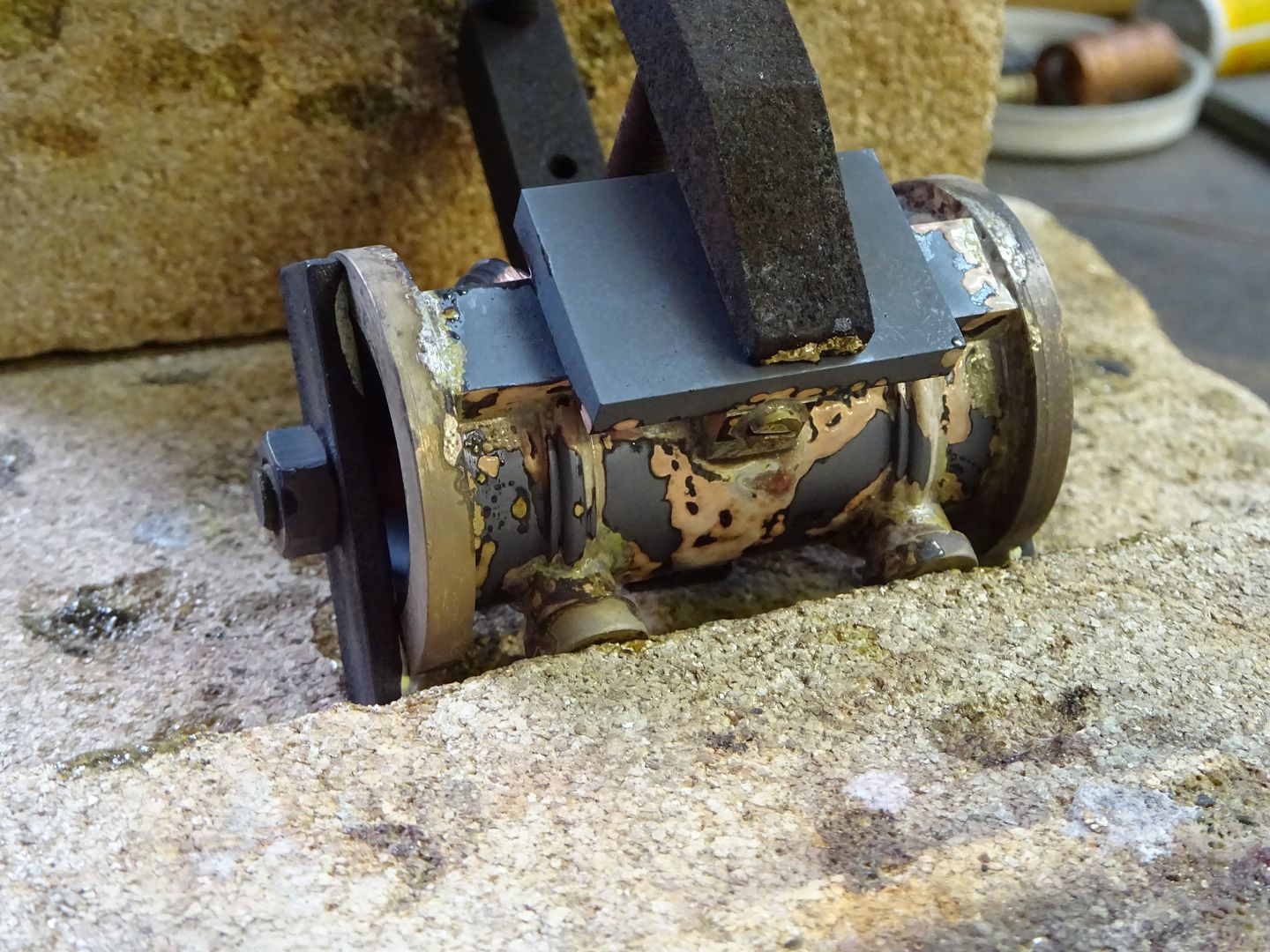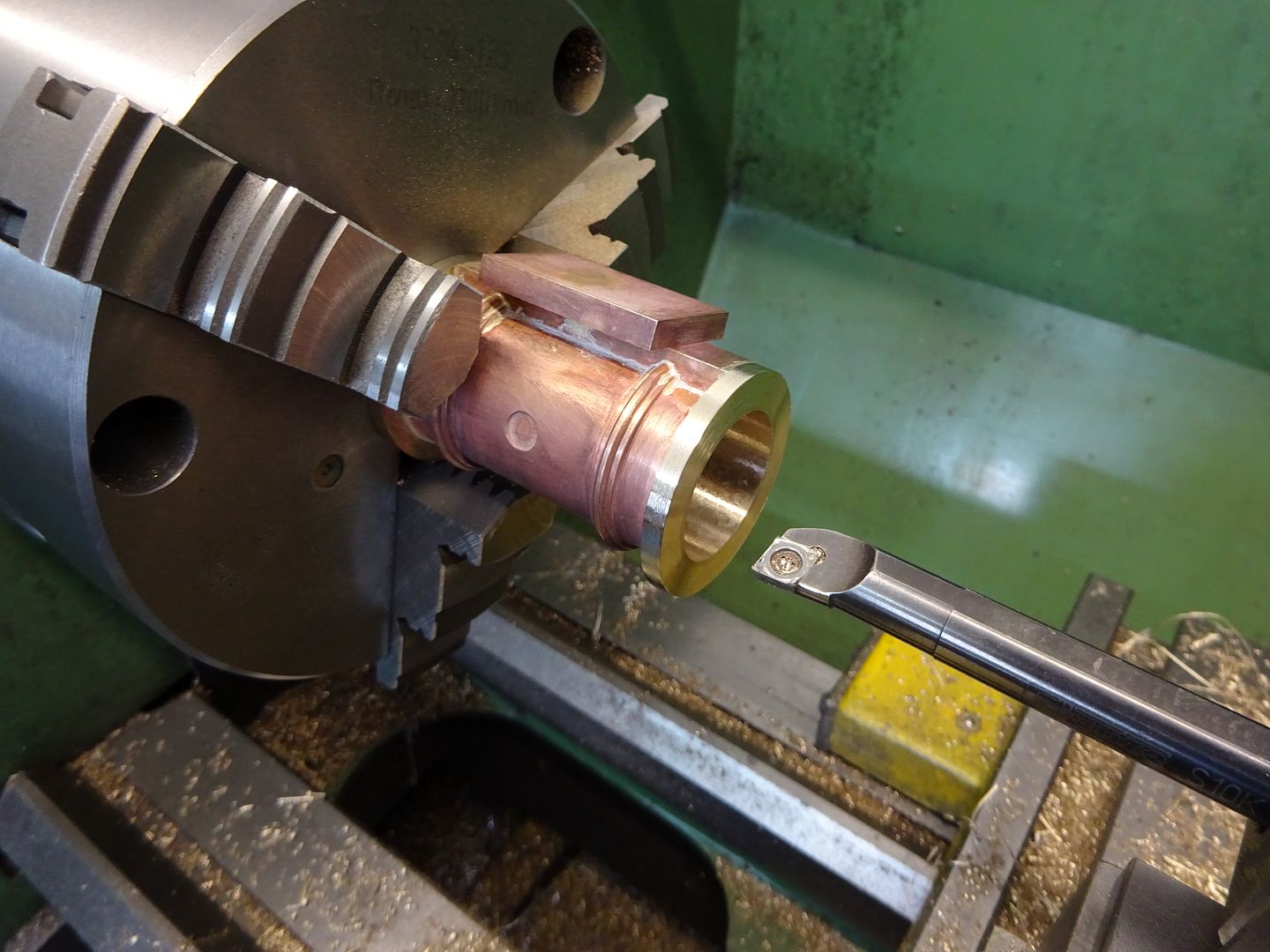A few comments:
If you are soldering wiring for electrical contact, you can normally rely on resin-cored (soft) solder. The resin, once cold, has no effect on the metal, so you do not need to remove it. Except, of course, for appearance. This is not so effective if you are re-using old wire as this tends to be brown (or even green) from age.
It is true that there are a few other chemicals which have a strong affinity for water. Solid caustic soda (Sodium Hydroxide) is one of these. My comment was about acids, and caustic soda is not an acid.
Anyone worried that they have some sulphuric acid but they don't know if it is concentrated? The real dangerous stuff, in this context, is thick (viscous), rather like thin honey, and noticeably heavier than water.
And as regards advice never to add water to corrosives, like much of the advice offered in these oh so careful times, it is much too broad. One of the most corrosive substances is ordinary everyday 'common' salt. And every day it rains into the sea quite harmlessly. I am not saying that corrosives can be treated carelessly, they can cause serious problems. The context I was dealing with is regarding battery acid, which, as I said, will eat away even the trousers you are wearing.
Finally, I am seriously concerned about some advice regarding DIY products such as brick cleaner and drain cleaner. Unless you know what is in them, in scientific terms, it is not safe to say what else they can be used for. If it doesn't say what's in it, leave it in the shop. This advice is based on the fact that some drain cleaners are mainly caustic soda, some contain strong bleach, and others, according to Vintageengineer, are strong acid. And if it isn't clear why this is a problem, leave well alone.
Regards, Tim
 Fowlers Fury.
Fowlers Fury.






